Demystifying the World of Aluminum and Steel Castings
Author: SAIVS Date Published: Dec 22,2023
Introduction
Aluminum and steel are two of the most popular materials used in casting.
Both materials have their unique advantages and disadvantages, making them suitable for different applications.
In this article, we will compare aluminum and steel castings in terms of casting process, corrosion resistance,
cost, weight, and heat resistance. We will also discuss the applications of aluminum and steel castings.
Which is Better: Aluminum or Steel Castings?
Aluminum casting and steel casting each have their advantages and disadvantages,
so the choice depends on various factors. Aluminum casting is lightweight and has excellent corrosion resistance.
It also has a lower melting point, making the casting process relatively simpler.
On the other hand, steel casting offers high strength and heat resistance, allowing for the production of more robust products.
The selection depends on the specific application and requirements of the casting product.
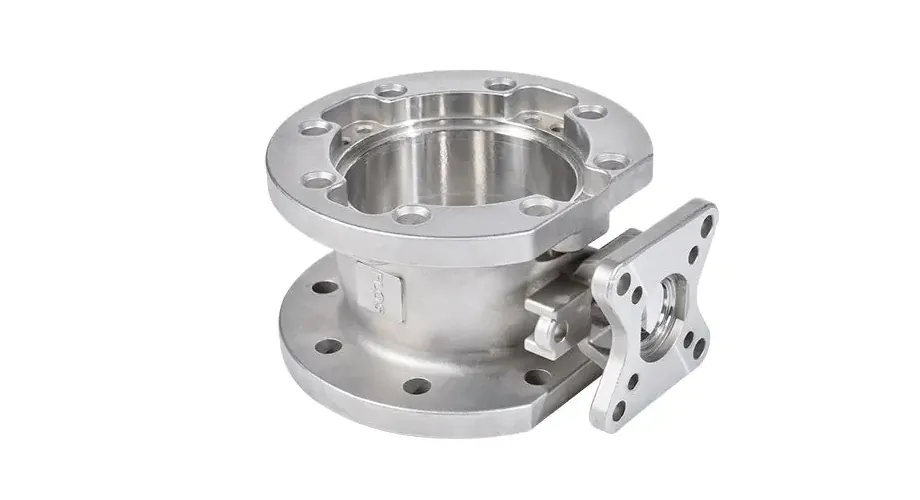
Comparison of Aluminum and Steel Castings
Casting Process
Both aluminum and steel offer a diverse arsenal of casting methods, from the venerable Sand Casting, capable of intricate shapes,
to the precision-forged artistry of Investment Casting, and the high-volume efficiency of Die Casting. Sand casting reigns supreme
in terms of affordability for both materials, while investment casting delivers unparalleled dimensional accuracy for demanding applications.
Die casting, on the other hand, churns out high-quality castings at breakneck speed, ideal for mass production.
Corrosion Resistance
Aluminum boasts a natural shield against corrosion, its native oxide layer acting as a stalwart defense.
Steel, though less naturally resilient, can be fortified with alloying elements like chromium and nickel,
transforming it into a formidable adversary against rust and decay.
Cost
Aluminum's lighter price tag often gives it an edge over steel. Additionally, simpler casting methods like sand casting further reduce aluminum's cost burden.
Weight
Aluminum reigns supreme in the lightweight category, tipping the scales at roughly one-third the weight of steel.
This makes it a champion for applications where every gram counts, like in the aeronautical and automotive industries.
Heat Resistance
Steel emerges victorious in the face of scorching temperatures, its higher melting point and thermal expansion
coefficient granting it superior heat tolerance. This makes steel the preferred choice for applications requiring
steadfastness against searing heat, such as in construction and mining.
| Factors | Aluminum casting | Steel casting |
| Casting Process | sand casting,investment casting,die casting | sand casting,investment casting,die casting |
| Corrosion Resistance | naturally corrosion resistant | add alloying elements |
| Cost | relatively less expensive | more expensive |
| Weight | one-third the weight of steel | less lighter |
| Heat Resistance | higher | higher melting point,thermal expansion |
Applications of Aluminum and Steel Castings
aluminum castings
Automotive: Lightweight aluminum contributes to fuel efficiency in engine blocks and transmission cases.
Aerospace: Aluminum's strength-to-weight ratio is crucial for fuselages, wings, and landing gear components.
Electrical: Aluminum's conductivity and lightweight nature benefit transformer housings and motor casings.
Consumer Products: Versatility and aesthetics make aluminum ideal for various products, from appliances to furniture.
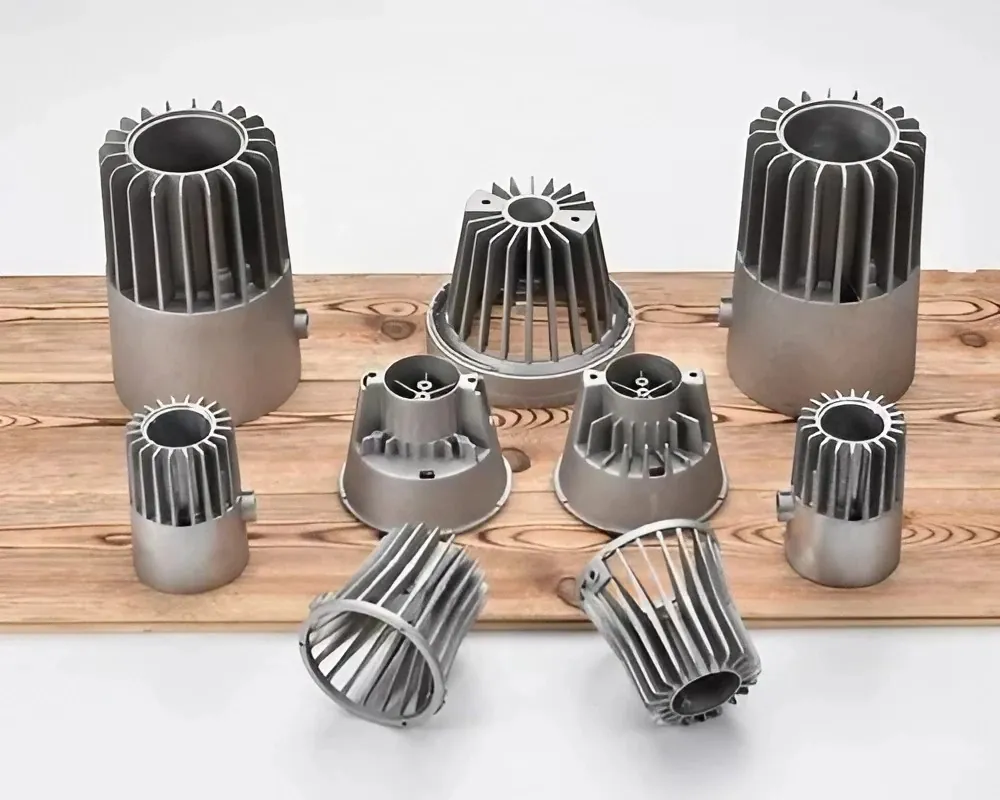
Steel Castings
Construction: Steel's exceptional strength and durability are vital for bridges, buildings, and support structures.
Mining: Cast steel components provide structural integrity and wear resistance for heavy-duty mining equipment.
Machinery: Industrial machinery components rely on cast steel for strength, stability, and machinability.
Heavy Equipment: Steel dominates in heavy equipment like bulldozers and cranes due to its unmatched strength.
Conclusion
The best choice of material for your castings depends on the specific requirements of your application.
If weight, corrosion resistance, or cost are critical factors, then aluminum castings may be a better choice.
If strength, heat resistance, or other factors are more important, then steel castings may be a better choice.
Why Choose SAIVS™ as Your Supplier?
1.Superb Quality Control Management
At SAIVS, we take pride in our perfect quality management systems and procedures, which guarantees the excellent performance of all our producs, being a professional Investment Casting | Die Casting| Sand Castingmanufacturer in China.
2.Rich Production Experience
With 20 years of experience in production, SAIVS has a deep understanding of the market and trends, and strives for continuous research and innovation. This has created advantages in both the product's performance and appearance.
3.Competitive Prices
As a Chinese factory committed to becoming the most cost-effective Investment Casting | Die Casting| Sand Castingexporter in China, SAIVS provides high-quality products at advantageous prices. By lowering costs and increasing efficiency, we ensure that our customers receive the best possible value for their investment.
4.Perfect After-sales Service
At SAIVS, we strive to provide superior customer service that meets and exceeds expectations. We are always available for any questions or concerns you may have, and we stand by our commitment to providing excellent after-sales support.
Related Posts
-
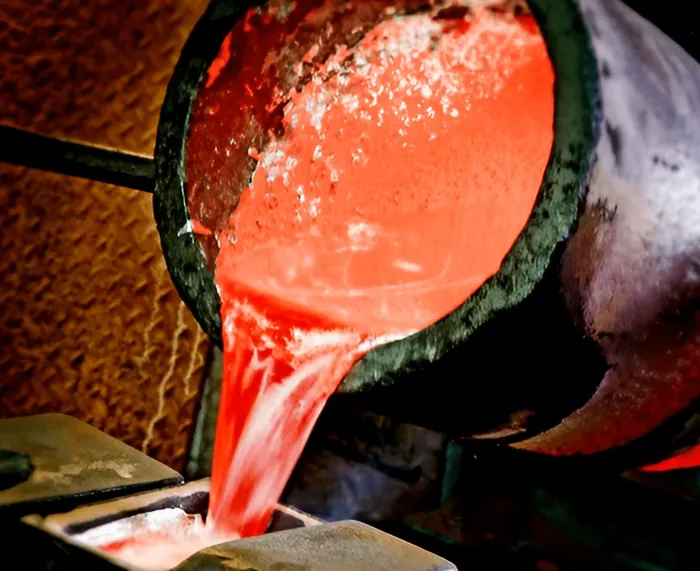
Conquering Casting Shrinkage: A Guide to Flawless Metal Parts
This article explores types of shrinkage, and solidification, and how to control them for high-quality castings.
-
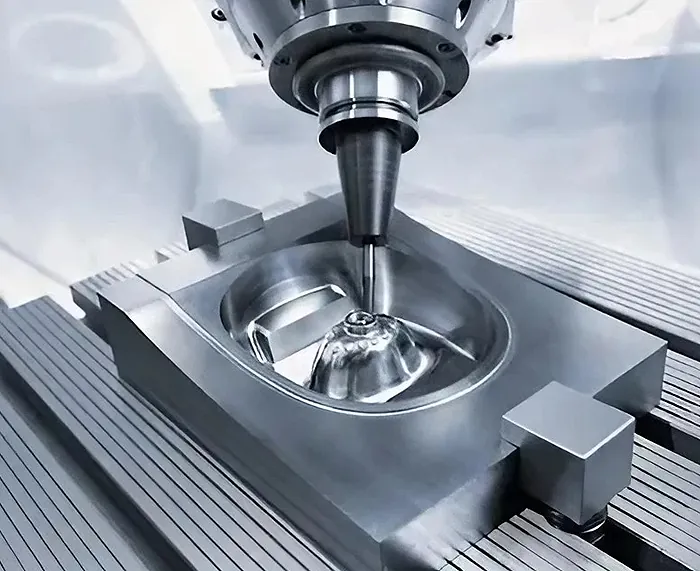
Process of CNC Rapid Prototyping
CNC Rapid Prototyping, also known as CNC-RP, is a process that combines computer numerical control (CNC) machiningwith rapid prototyping techniques to quickly p...
-
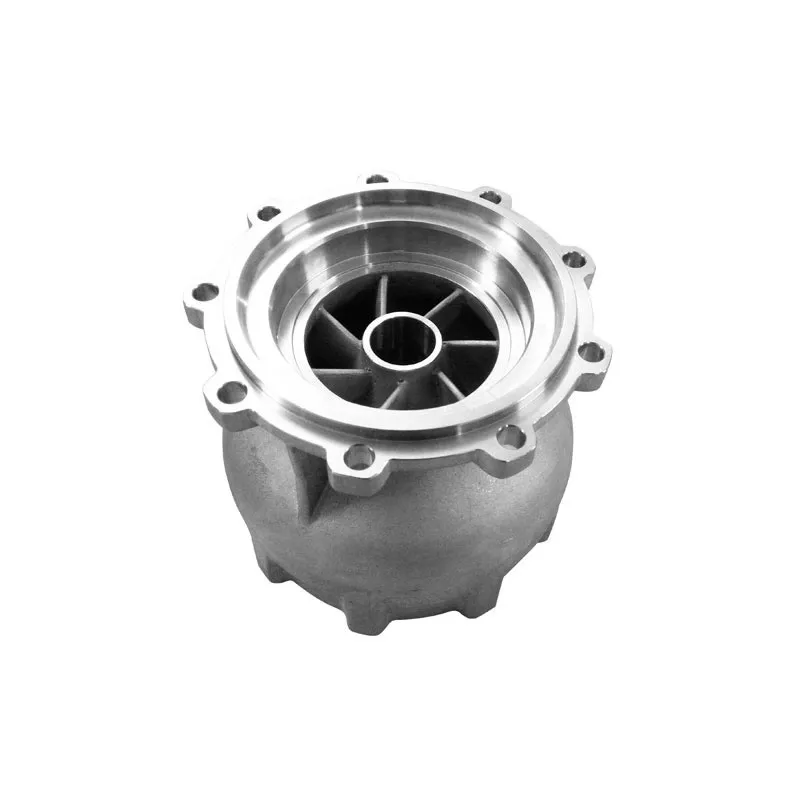
Working Principle and Characteristics of Die Casting Technology
Die-casting technology is the process of organically combining and applying three production elements of die-casting, namely, die-casting alloy, die-casting die...
-
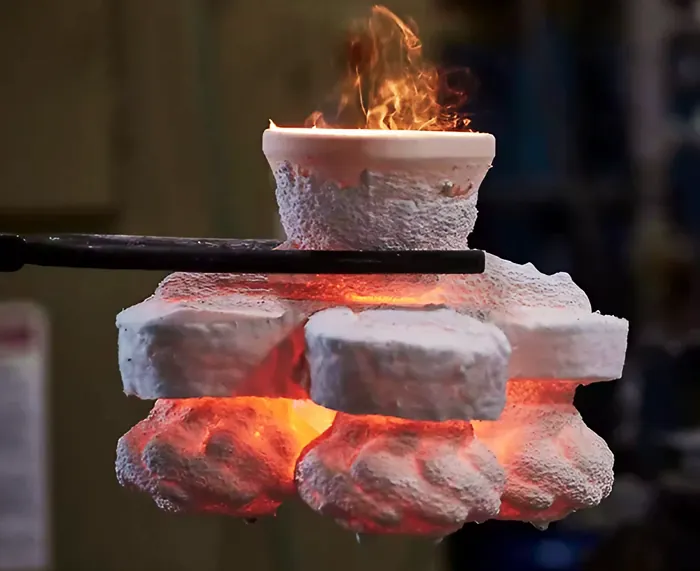
Investment Casting: Freedom in Design with Minimal Draft Angles
This article explores the concept of draft angles, their role in casting processes, and how investment casting overcomes this limitation, enabling the creation ...
-
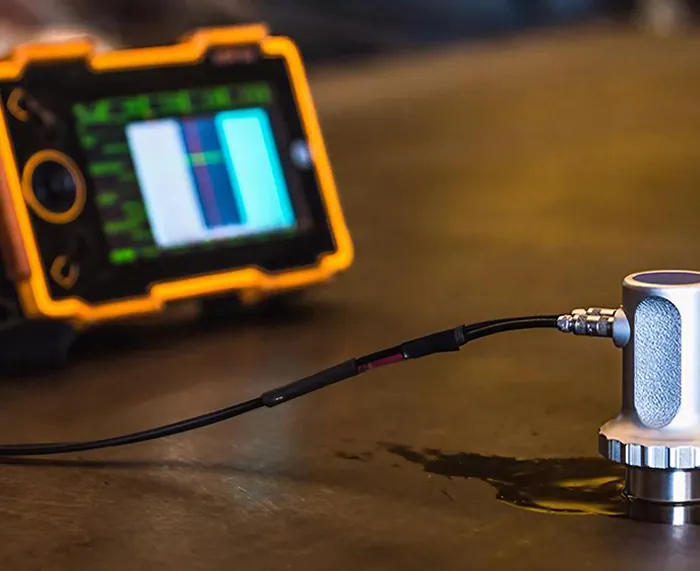
Safeguarding Product Reliability: Penetrant Testing and Ultrasonic Flaw Detection for Castings
This article delves into casting defects, their impact on product quality, and two key non-destructive testing methods: penetrant testing (PT) and ultrasonic fl...
-
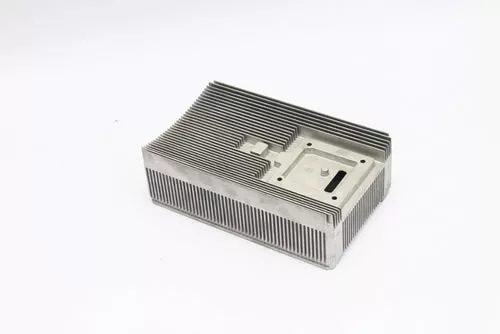
Die Casting Die for Automotive
I hope it will be helpful to you for the manufacturing process and technical requirements of automobile die casting dies.Automotive industry is one of the most ...

